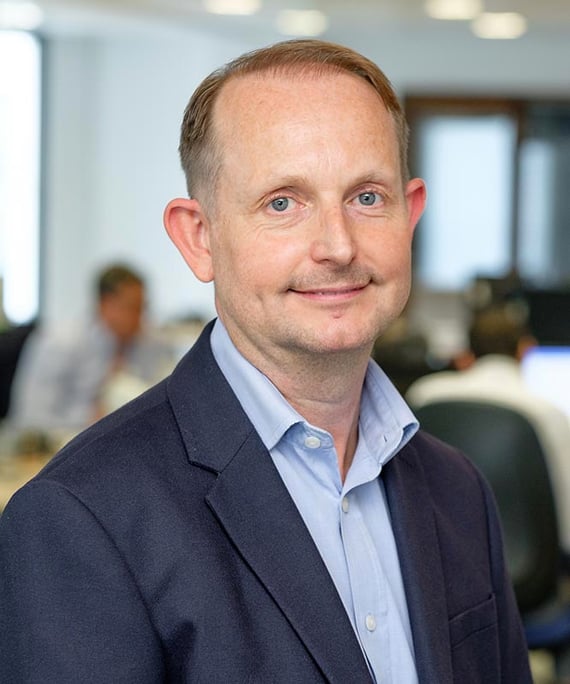
From Deep Listening to Behaviour Change: How south-west London councils tackled smoking inequalities
Too often, public health campaigns fall into the trap of repetition. The same slogans, the same “quit now” messages, rolled out year after year. For many smokers, particularly young adults and routine and manual workers, these messages no longer cut through. Smoking prevalence in these groups remains stubbornly high, almost double the national average. The challenge is clear: how do we break through the noise and genuinely shift behaviour?
Westco is coming together with a number of local authorities to try something different. Instead of starting with messages, we started with people. By deploying a World Café approach, we created an environment where smokers could talk openly and informally about their lived experience; the reasons they smoke, the triggers that make quitting hard, and the motivations that might tip the balance.
The sessions were revelatory. The smoking journey that emerged was rarely a straight line. Many participants began smoking in their teens, where peer influence and social connection played a strong role. Over time, smoking shifted from being associated with fun and belonging to habit, stress relief and fatalism: “I know it’s bad for me, but it’s part of who I am.” Quitting attempts were common, but relapse was even more so, often triggered by stress, alcohol, or social situations.
Perhaps most striking was the mistrust of official support services. Some younger participants felt quitting aids or NHS services weren’t designed for them. Others saw vaping not as a step toward quitting but as an “extra hit” on top of smoking. These insights underline why traditional campaigns fail: they don’t reflect real, complex lives.
The World Café process didn’t just generate data, it created story tellers. Many participants were motivated to become part of the solution, stepping forward to share their stories in video case studies. Their lived experience became the foundation of a campaign that feels authentic, human, and credible.
For local government and public health teams, this approach offers a double benefit. First, it provides deep, actionable behavioural insights that inform messaging strategies aligned with the COM-B model;, building capability, creating opportunity, and boosting motivation. Second, it builds a ready-made network of ambassadors who can carry the campaign further into communities.
This is what happens when we move from telling people what to do, to listening to what they need. Smoking cessation is one of the most challenging areas of public health, but as this project shows, when you listen deeply, people not only share their barriers, they also help shape the solutions.
Author:
simon@westcocommunications.com

Local Government Reorganisation isn’t just about structures, savings, or service integration. At its core, it’s about people and how they feel about the place they live, who represents them, and how change might affect their everyday lives.
